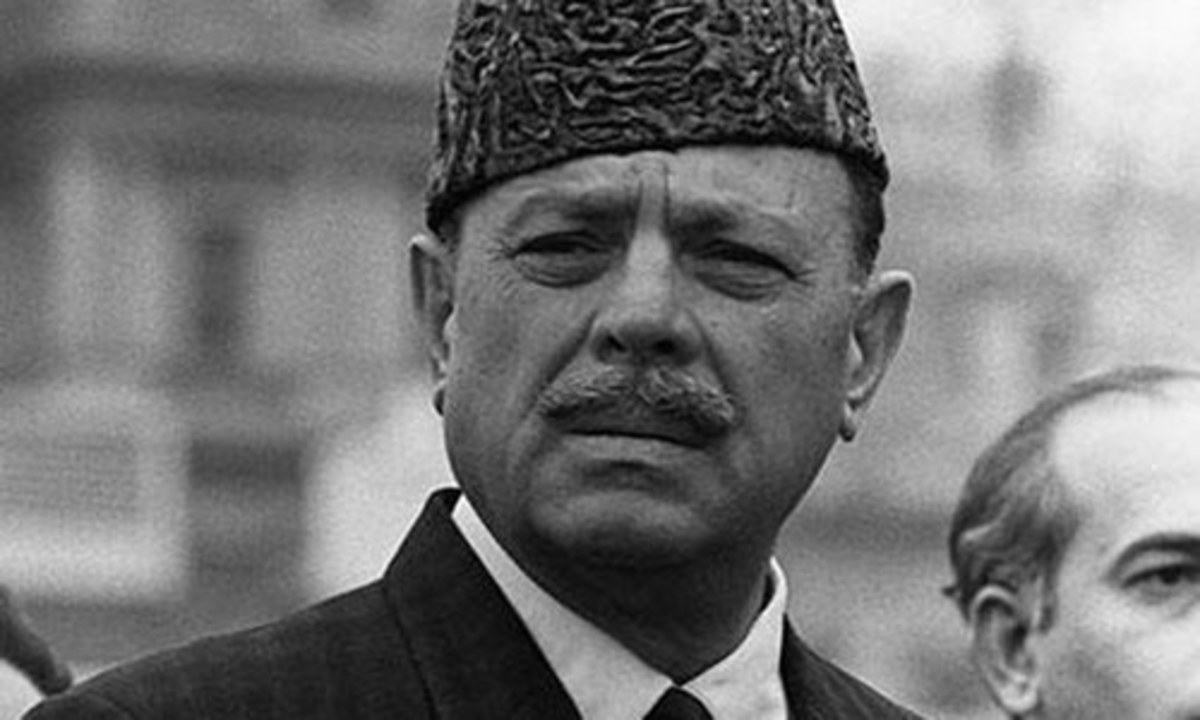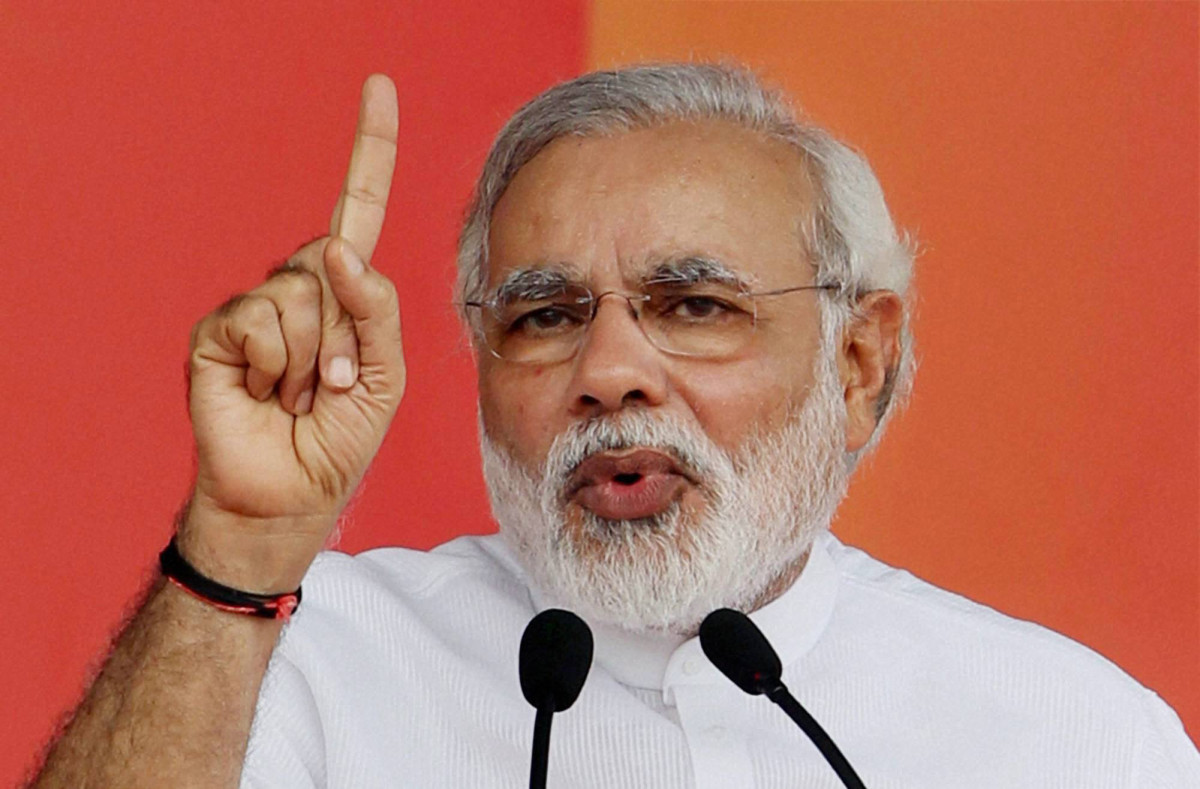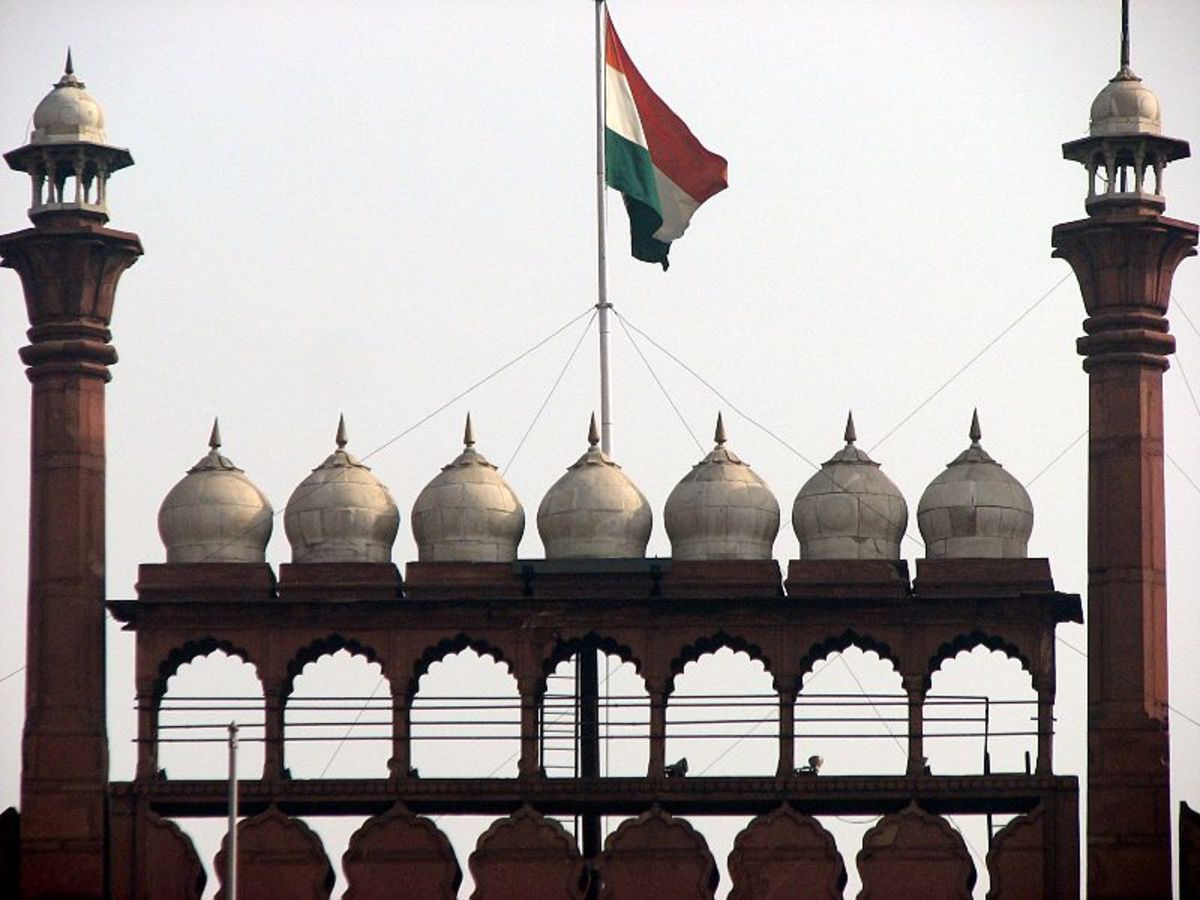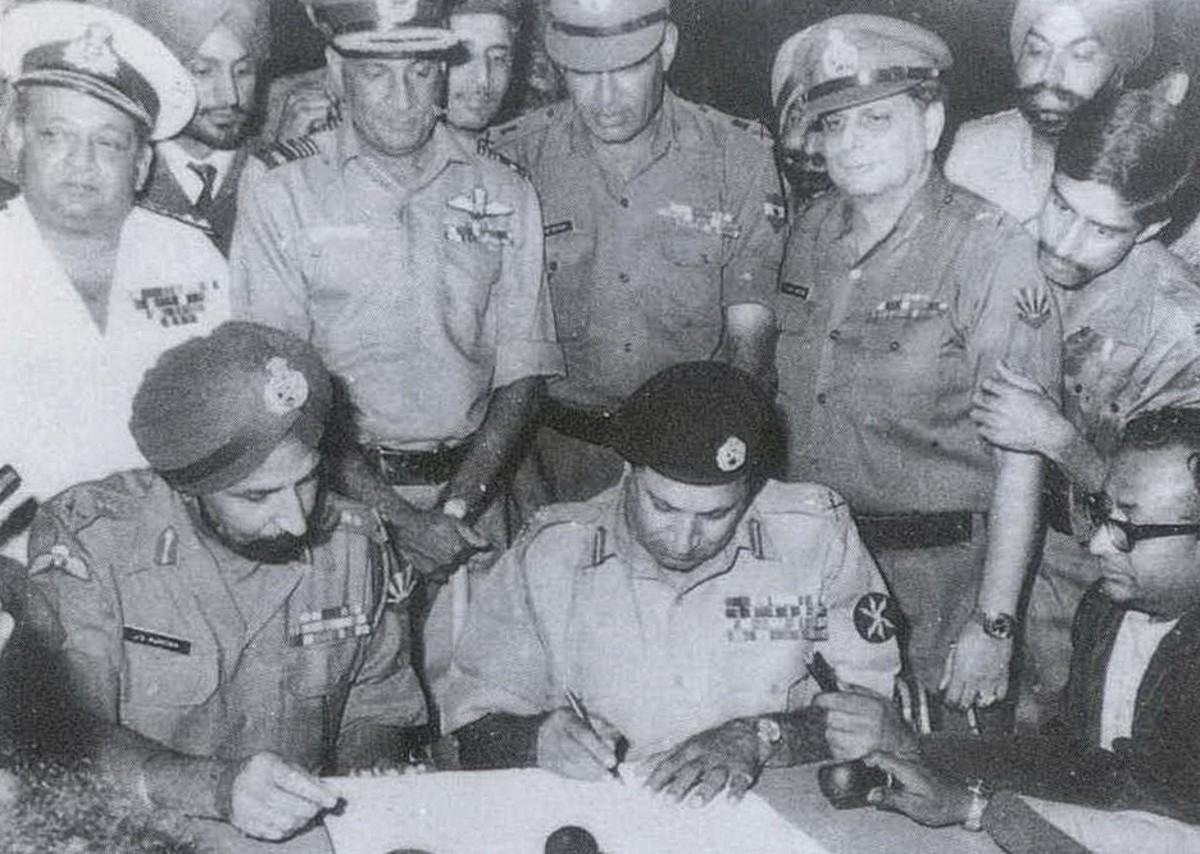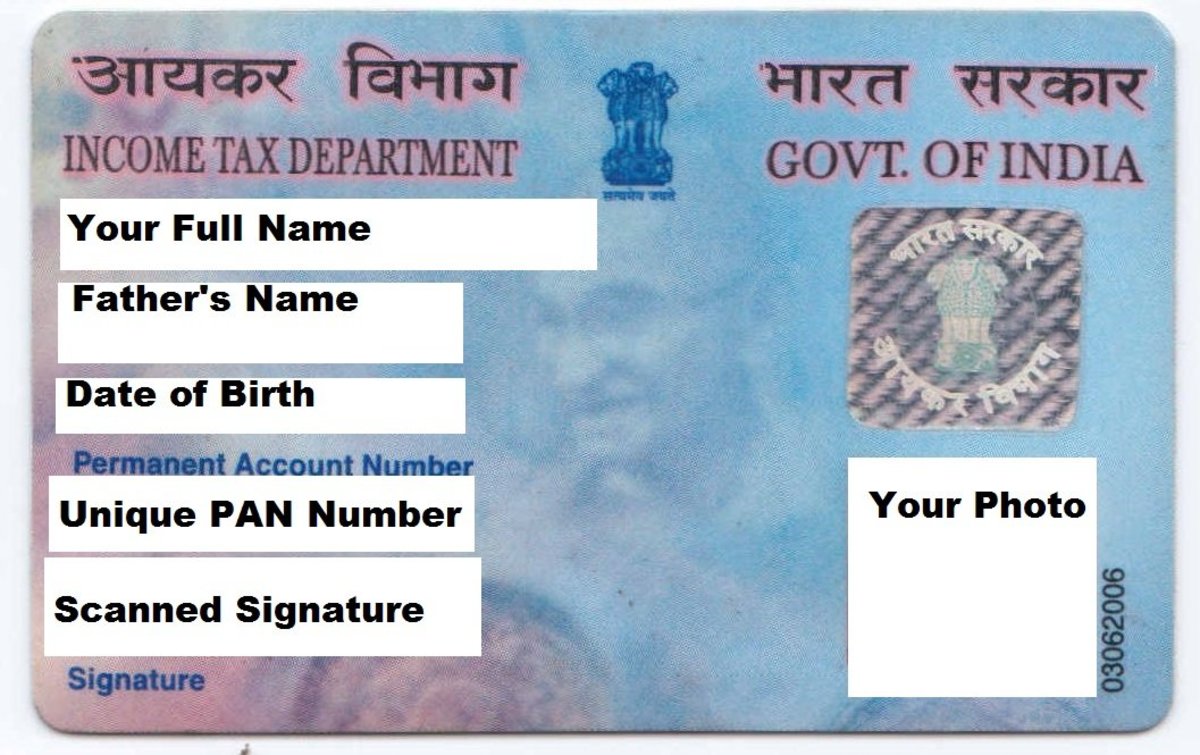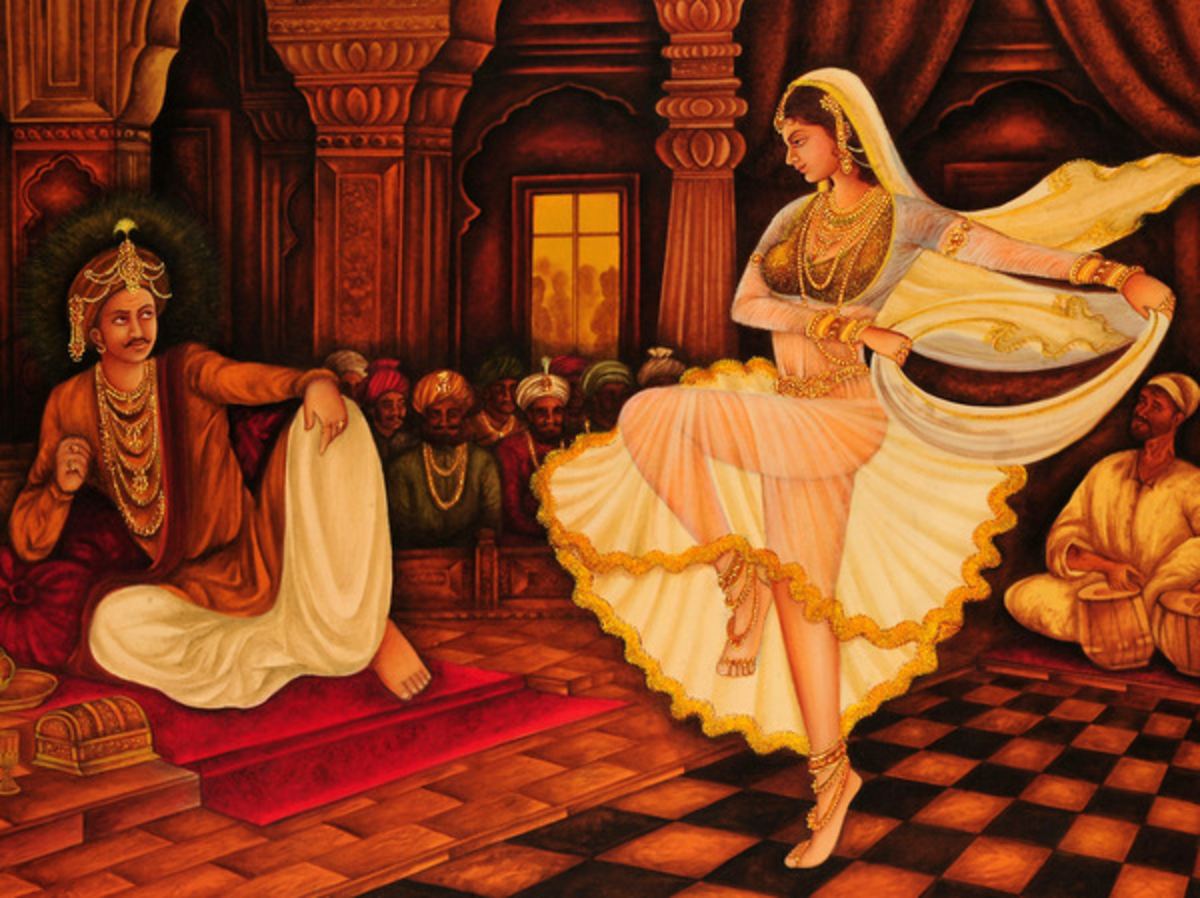India-Pakistan Talks: India Shifts Gears, Pakistan Stalls
Talking is always good, especially with your enemy. For it makes light of a conflict situation and peaceful resolution of the situation more feasible. The Foreign Secretary-level talks between India and Pakistan which had been scheduled to be held in Islamabad on the 25th of this month at India's initiative, have been called off by the Indian government. But not without a reason. Nor, for that matter, without a warning to Pakistan. The scrapping of the talks has been lamented by all right-thinking quarters since the official level talks, if held, could have paved the way to ministerial-level or even summit-level talks some time in the near future. Since India is committed to resolving the Kashmir issue only through bilateral talks, any lost opportunity to talk is an opportunity for mending fences wasted. The longer the K-wound is allowed to fester, the more would be the mistrust and rancour between the two countries.
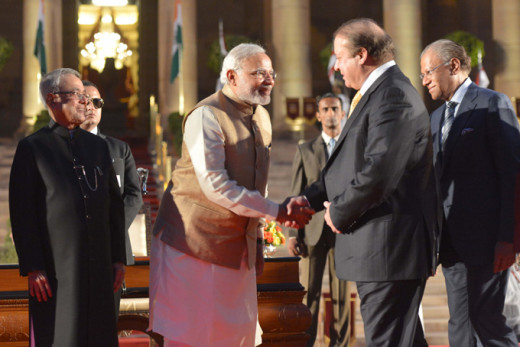
India's Peace Initiative
When Mr.Narendra Modi was voted to power as Prime Minister in May 2014, he did some thing which none of his predecessors had done. He invited the leaders of all SAARC countries, including Pakistan, to his inauguration. Pakistan's Premier, Nawaz Sharif, just about managed to attend the ceremony despite resistance to the visit by his own Army. There was already a vicious atmosphere prevailing between the two neighbouring countries on account of the following reasons:
● The 26/11 (2008) massacre at Mumbai by Pakistani terrorists in which 166 persons were killed and 293 injured, marked a new low in India-Pakistan bilateral relations. Despite ample evidence provided by India to prove that it was indeed terrorists from Pakistan who had committed the dastardly act, the accused, including Hafiz Sayeed, who have been hiding in Pakistan were neither handed over to India for trial in the Indian courts, nor were tried in Pakistan.
● The Indian Consulate in Herat, Afghanistan, was attacked on 23 May 2014 by terrorists who were identified as members of Lashkar-e-Toiba (LeT), an internationally-banned militant outfit that had found sanctuary in Pakistan. PM-designate Modi condemned the attack as an attack on "Afghanistan, India and our shared interests." Despite the damning evidence available to establish that LeT was carrying out its shoot-and-scoot operations from Pakistan and was aided by Pakistan's Inter Services Intelligence Agency(ISI), Pakistan stoutly denied its involvement in the terrorist attack in Herat or rendering support to LeT in any of its activities.
● Two Indian soldiers at the India-Pakistan border had been brutally killed and beheaded by Pakistan soldiers in January 2014. The gruesome nature of the barbaric act was highlighted by the head of one of the two slain soldiers had been carried away by the perpetrators of the evil deed.
● There had been several violations of the Line of Control by Pakistan Army and terrorists from training camps across the border and firings and killings of civilians and Indian soldiers without provocation.
At the meeting that he had with Mr.Nawaz Sharif and his 14-member delegation, Mr.Modi categorically told Mr.Sharif that export of terror by Pakistsn was not acceptable and must end and that the perpetrators of the 26/11 terror attacks in Mumbai who were hiding in Pakistan must be brought to book without any further delay; India was unhappy at the slow pace of trials against the perpetrators of the cold-blooded massacre. Mr.Sharif was also told that Hafiz Sayeed, the master mind of the terror attack, should not be allowed to go around Pakistan at will saying whatever he wanted, about India. He was further informed of India's concern about the recent militant attack on India's Consulate at Herat, by Lashkar e Toiba, and its expectation that such attacks would not recur.
Do you think India did the right thing in cancelling the talks?
Pakistan's Pusillanimous Stand
Despite the hand of friendship extended by Mr.Narendra Modi, the most popular Indian Prime Minister in recent times, even as he was taking over the reins of power, Pakistan has remained as recalcitrant, churlish and pusillanimous in its addressing India's concerns, as ever. The situation has, in fact, further deteriorated with alarming regularity. Firing across the Line of Control continues. There has been no let up in breaches of LoC by the Pakistan Army. The training camps of terrorists on the Pakistan side of the border have not been closed. During his recent visit to Kargil, Mr.Modi didn't mince words when he said that Pakistan was no more capable of fighting a conventional war and was, therefore, bleeding India by proxy war.
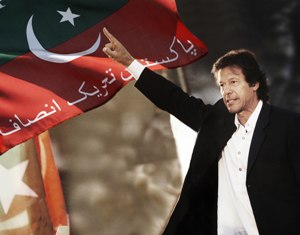
Pakistan on the Boil
If Pakistan's relations with India had hit an all time low, it's internal political situation had not been getting any better either. The Army has been fighting insurgency without much success in North Western Pakistan, where thousands of civilians became victims of these operations and had to flee from their homes. PM Sharif has no hold either on the Army or on the intelligence agency ISI.
The Lahore Sessions Court had, in the meanwhile, ordered the police to register a murder case against Nawaz Sharif, his brother and some top Cabinet Ministers for their alleged role in the violence that had claimed the lives of 14 supporters of the populist cleric Tahirul Qadri. Pakistani police has, however, not implemented the court order on some technical ground or other.
This led to thousands of supporters of Imran Khan of the Tehreek-e-Insaaf party and cleric Qadri, march to Islamabad and stage sit-in protests in a bid to oust the Sharif-led government. Imran Khan has called for a civil non-cooperation movement. Following breaches of the high security area of the capital by the protestors, the area has been taken over by the Pakistan Army which has also taken control of the Prime Minister's security. Nawaz Sharif has thus been cornered by the Army on the one side and the protestors on the other.
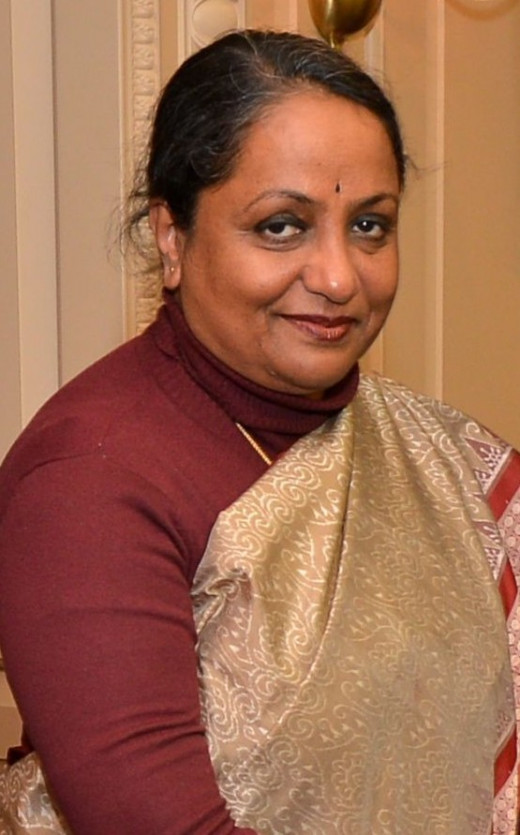
Reneging on the Talks
With the albatross of internal political instability hanging around his neck, and his government's pathetic track record of doing nothing whatsoever to address India's concerns, Nawaz Sheriff was in no position to have meaningful dialogue with India at any level. India still pressed for Foreign Secretary-level talks and would have gone ahead but for a breach of diplomatic protocol by the Pakistan High Commissioner in Delhi.
The Pakistan envoy sent out invites to separatist Kashmir leaders Syed Ali Shah Geelani, Shabir Ahmad Shah, Yasin Malik and Mirwaiz Umar Farooq of Hurriyat, for 'consultations' on the eve of the official-level talks in Islamabad. On coming to know about the envoy's move, Foreign Secretary Sujatha Singh called him on the phone and categorically told him that the proposed meetings with the separatist leaders were not acceptable to India. She further warned him that should he go ahead with meeting the separatists, it would be at the cost of the official talks. The Pakistani envoy went ahead with his consultations with the separatists. By doing so, he cocked a snook at India which promptly announced cancellation of the official talks.
Protests over Pakistan's Backtracking
There have been demonstrations outside the Pakistan High Commission in New Delhi by protestors who demanded the Pakistan envoy's ouster for transgressing the diplomatic red line of meeting Kashmiri terrorists against the Indian government's protest. This demand has been gaining currency among the ruling BJP and some other political parties. The Congress party which had been questioning the wisdom of Mr.Modi's silence in the face of grave provocations from Pakistan, have landed in a quandary, with the Indian government's swift move of cancelling official-level talks, not knowing how to react without looking appreciative of Mr.Modi's move. Separatist leaders like Ahmed Shah Geelani and Yasin Malik have, on their part, questioned the Indian government's earnestness to have talks with Pakistan in the first place. They have been trying to justify their treacherous act of meeting the Pakistan envoy on the eve of official talks by arguing that there was nothing new about such a meeting since they had been meeting the envoy and visiting Pakistani leaders in the past. Apparently, the main purpose of their meeting with the Pakistani envoy was to claim that as representatives of the Kashmir people, they should be made a party to talks at any level between the two countries. This argument is specious and fallacious for the following reason:
The so-called Kashmiri separatist leaders are not elected representatives of the people of Kashmir. They have, in fact, never participated any election, big or small, held in the state. They do not, therefore, have a locus standi for seeking participation in India-Pakistan talks.
This stand of India has been made amply clear to Pakistan by the Indian government. Pakistan has also been told in unambiguous terms that so long as they continue to indulge in the wanton undiplomaic acts of meeting and talking to separatist elements against the Indian government's disapproval, they could forget talks with India.
India's Position
● Kashmir is an integral part of India. This is the bottom line of India's policy. There is no question of compromise on this position.
● India refuses to have talks with Pakistan so long as the latter hobnobs with Kashmiri separatists.
● Never in the past had formal invites been sent by Pakistan to Hurriyat leaders on the eve of official talks in Islamabad between the two sides. The Pakistani High Commissioner's move to do so this time around is being viewed by the Indian government as a case of Pakistan's misreading of Mr.Modi's outreach to that country, especially his decision to invite PM Nawaz Sharif to his inauguration. Now, the red line, the transgression of which will not be allowed, has been pointed out to Pakistan.
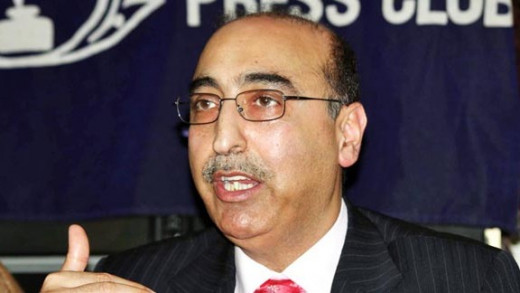
Effect of Cancellation of Talks
● The first casualty of the cancellation of talks is bilateral trade which is beset with constraints like absence of Delhi-Lahore flights and stringent visa regime between the two countries.
● Indian officials believe that the Sharif government gave in to the Pakistan Army diktats when it backtracked from its stated aim to implement the September 2012 road map for trade nomalization. India believes that it was Pakistan's loss as the road map called for trade in electricity and gas, both of which would have helped Pakistan address its power woes.
●According to Indian officials, preferential access to the Indian market would greatly ease Pakistan's severe foreign exchange constraint and also provide stimulus to its export industries.
Resumption of Talks
Resumption of talks between India and Pakistan now depends on
● Normalisation of internal political situation in Pakistan.This includes stabilization of the government in that country.
● Pakistan's willingness to respect the international border and the LoC and not violate or transgress either.
● Pakistan's willingness to export terror and close down training camps of terrorists.
● Pakistan's willingness to stop proxy war against India.
● Pakistan's complying with India's longstanding demand to extradite terrorists like Hafiz Sayeed and Dawood Ibrahim.
● Acceleration of the pace of trials of the terrorists involved in the 26/11 massacre, hiding in in Pakistan.
● Ensuring that Indian diplomatic missions abroad are not targeted by terrorists, trained and supported by Pakistan.
While it is a bit too much to expect Pakistan to accede to all these demands as a precondition to talks with India, diplomatic pressure and lobbying among countries like the US which have been trying to prop up the failed state of Pakistan would help. The most seemingly difficult option which could be used to bring Pakistan to the negotiating table would be gaining China's support. Mr.Modi should think along the lines of resolving India-China border issues first rather than wasting time and effort in making Pakistan see the futility of its hostile stand against India. In the meanwhile, let us remember the following quotation of Winston Churchill: "Never hold discussions with the monkey when the organ grinder is in the room."
© 2014 Kalyanaraman Raman

